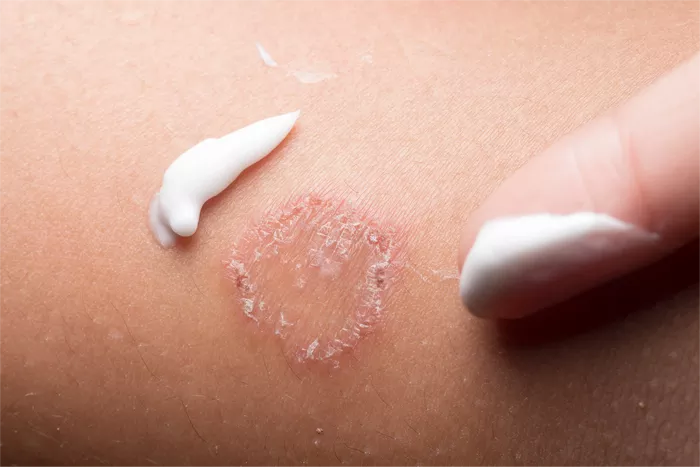Vitiligo, a condition characterized by the loss of skin pigment, is a perplexing phenomenon that has puzzled medical professionals and intrigued researchers for decades. Its manifestation as irregular patches of depigmented skin has sparked debates over its classification as a disease or a disorder. Understanding the nature of vitiligo requires a nuanced exploration of its etiology, pathophysiology, and socio-psychological impact.
Defining Vitiligo: Disease or Disorder?
To discern whether vitiligo fits the criteria of a disease or a disorder, it is imperative to clarify the distinctions between the two terms. A disease typically refers to a pathological condition of an organ, system, or body, often characterized by specific symptoms and identifiable through medical evaluation. In contrast, a disorder encompasses a broader range of conditions that disrupt normal bodily functions without necessarily exhibiting typical pathological changes.
Etiology and Pathophysiology
Vitiligo’s etiology remains multifactorial, with genetic predisposition, autoimmune mechanisms, oxidative stress, and environmental factors all implicated in its development. Melanocytes, the pigment-producing cells in the skin, undergo destruction or dysfunction, leading to the characteristic depigmented patches. The precise triggers initiating this process remain elusive, although autoimmune mechanisms, where the body’s immune system attacks its own melanocytes, are widely recognized.
The pathophysiology of vitiligo involves a complex interplay of immune dysregulation, genetic susceptibility, and environmental influences. Evidence suggests that autoimmune-mediated destruction of melanocytes plays a significant role, as evidenced by the presence of autoantibodies targeting melanocyte proteins. However, other mechanisms, including oxidative stress-induced damage to melanocytes and neural dysregulation, have also been proposed.
Disease Perspective: Clinical Manifestations and Treatment
From a clinical standpoint, vitiligo often presents as well-defined depigmented patches on the skin, typically symmetrically distributed. These patches may vary in size and number, and their progression can be unpredictable, with periods of stability interspersed with periods of activity. Beyond its cosmetic implications, vitiligo can have profound psychosocial ramifications, impacting self-esteem, body image, and quality of life.
Treatment approaches for vitiligo aim to halt disease progression, induce repigmentation, and address the psychosocial impact of the condition. Topical corticosteroids, calcineurin inhibitors, phototherapy, and surgical interventions such as melanocyte transplantation are among the therapeutic options available. However, treatment outcomes can be variable, and achieving satisfactory repigmentation remains a challenge, particularly for extensive or refractory cases.
Disorder Perspective: Complexity and Variability
Viewing vitiligo through the lens of a disorder emphasizes its complexity and variability. While it may not fit neatly into the traditional paradigm of a disease with clear-cut etiology and pathology, it undeniably disrupts normal skin function and profoundly affects individuals’ well-being. The heterogeneous nature of vitiligo, with its diverse clinical presentations and unpredictable course, aligns more closely with the concept of a disorder.
Moreover, vitiligo’s association with other autoimmune conditions, such as thyroid disorders, rheumatoid arthritis, and type 1 diabetes, underscores its systemic nature and reinforces its classification as a disorder. The interconnectedness of these conditions suggests shared underlying pathogenic mechanisms and highlights the importance of considering vitiligo within a broader autoimmune framework.
Socio-Psychological Impact
Beyond its physical manifestations, vitiligo exerts a significant socio-psychological impact on affected individuals, often leading to feelings of embarrassment, stigmatization, and social withdrawal. The visibility of depigmented patches on exposed areas of the body, such as the face and hands, can evoke unwanted attention and scrutiny, exacerbating feelings of self-consciousness and isolation.
Psychological interventions, including cognitive-behavioral therapy, supportive counseling, and group therapy, play a crucial role in addressing the emotional burden associated with vitiligo. Empowering individuals to cope with their condition, challenge negative beliefs, and cultivate self-acceptance can mitigate the psychosocial impact and enhance overall well-being.
Conclusion
In conclusion, the classification of vitiligo as a disease or a disorder reflects the nuanced interplay between its clinical manifestations, underlying pathophysiology, and socio-psychological impact. While it shares characteristics with both disease and disorder entities, its heterogeneous nature, autoimmune associations, and profound psychosocial implications suggest that vitiligo is best conceptualized as a complex disorder.
Moving forward, a holistic approach to vitiligo management is essential, encompassing not only medical interventions to address disease activity and promote repigmentation but also psychosocial support to enhance individuals’ resilience and quality of life. By recognizing the multifaceted nature of vitiligo and adopting a patient-centered approach, healthcare providers can better meet the needs of individuals living with this enigmatic condition.























